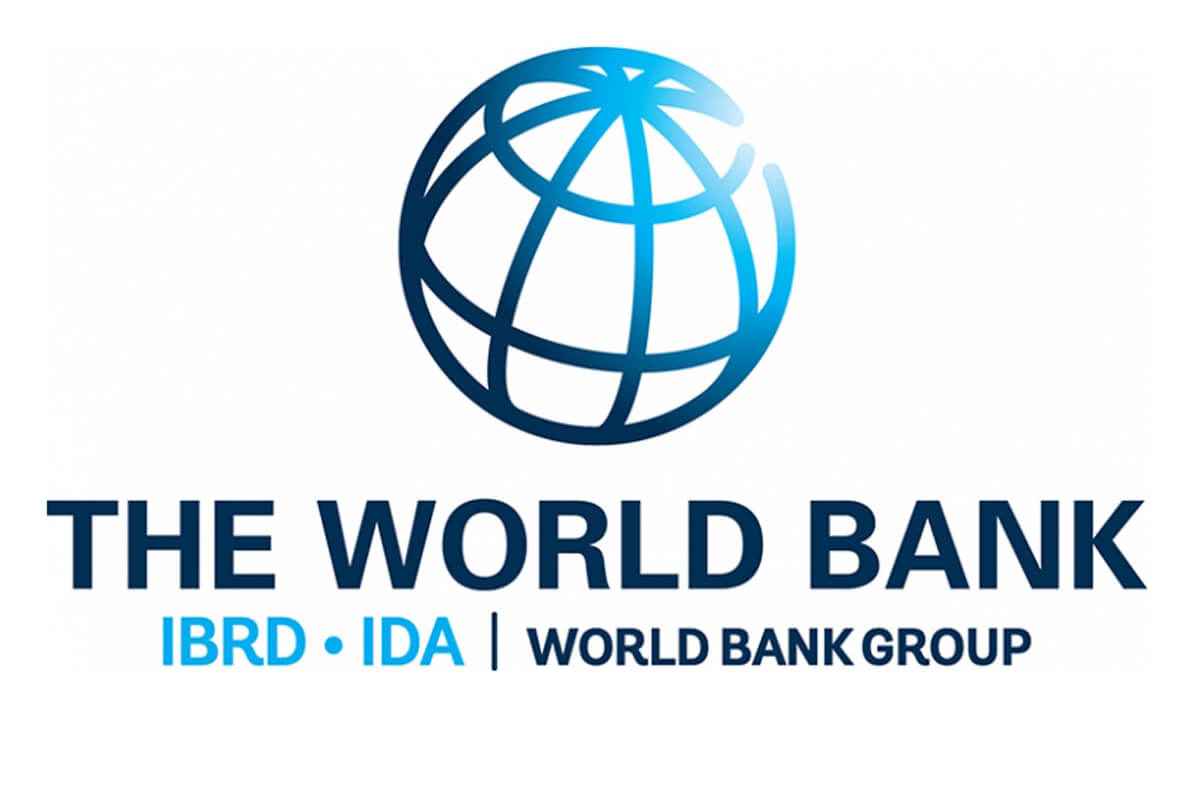Investing in human capital key to drive Nepal’s growth: World Bank
Kathmandu, June 6
Investing in its people can help propel Nepal towards its goal of upgrading to middle-income country status by increasing the productivity and competitiveness of labour, leading to accelerated inclusive growth, as per the latest edition of the World Bank’s Nepal Development Update (NDU) released here today.
The report has noted that investing in people and building human capital are critical if Nepal is to accelerate its growth and rapidly reduce poverty, as investments in human capital raise the potential of individual earnings, which in turn contributes to aggregate economic growth. The update makes a compelling case for focusing on the financing to meet needs of education, health services and access and skills development across the country.
Similarly, the World Bank has estimated that Nepal’s economy will grow by 7.1 per cent in the ongoing fiscal year, driven mainly by the services and agriculture sectors.
The services sector is likely to grow by 7.5 per cent due to a boost in the retail, hotel, and restaurant subsectors, driven by an uptick in tourist arrivals and remittance-fuelled private consumption.
Likewise, the agriculture sector is estimated to grow by five per cent in 2018- 19, above its 30-year average of 3.1 per cent, due to good monsoons, increased commercialisation, availability of fertilisers and seeds, and improved irrigation facilities, as per the report.
It states that industrial growth is also likely to be strong at 8.1 per cent, above its 30-year average of five per cent, mainly due to improved power availability from increased electricity generation.
As per the report, private investment and consumption are likely to be the main contributors to growth on the demand side. However, public investment is projected to contract due to a slowdown in post-earthquake reconstruction and delays in national pride projects like Melamchi Water Supply and Upper Tamakoshi hydro projects.
The report highlights the need for more exports if Nepal is to sustain the recent high levels of economic growth.
Over the medium term, the update projects that the economy will grow at 6.5 per cent on an average, driven by private investment and consumption.
“Investing in people so that all citizens of Nepal are able to achieve full education and health to perform at their full potential will be critical in order to sustain the recent high levels of growth and increase competitiveness,” said Kene Ezemenari, senior economist of the World Bank and also the author of the update, adding that this will require reducing inequities in access to services, improving the quality of services and minimising household vulnerabilities to shocks.
Addressing the launch ceremony, Finance Minister Yubaraj Khatiwada said that the government’s utmost priority remains in development of children and youth. He also highlighted the need to scale up and maintain sustainable investments in the younger generation to ensure they remain productive and competitive with the global workforce.
“We have initiated a number of reforms and introduced policies to strengthen the investment and business environment and attract foreign investment.
The recently released budget has also been carefully designed to ensure an enhancement of education, health and drinking water sectors and creation of job opportunities in the country to ensure people’s fundamental rights,” said Khatiwada.
On the occasion, Faris Hadad-Zervos, World Bank’s country manager for Nepal, said that though government of Nepal has adopted a number of reforms to attract investments, it is equally important to ensure that the skills needed by the private sector are developed, to increase productivity and growth. “This will be critical for increasing exports; and raising exports will be key to sustaining the high levels of growth.”
Other highlights
- The fiscal deficit is projected to average around 4pc of GDP, over the medium term
- A sudden reduction in remittance inflows could lower deposits, limiting the availability of loanable funds in the economy
- The implementation of federalism is expected to improve service delivery in the medium to longer term, but capacity challenges persist and need to be addressed immediately
- An acceleration of and greater consistency and coordination in reform implementation, particularly those reforms that boost investment in physical and human capital, will be necessary to sustain growth






